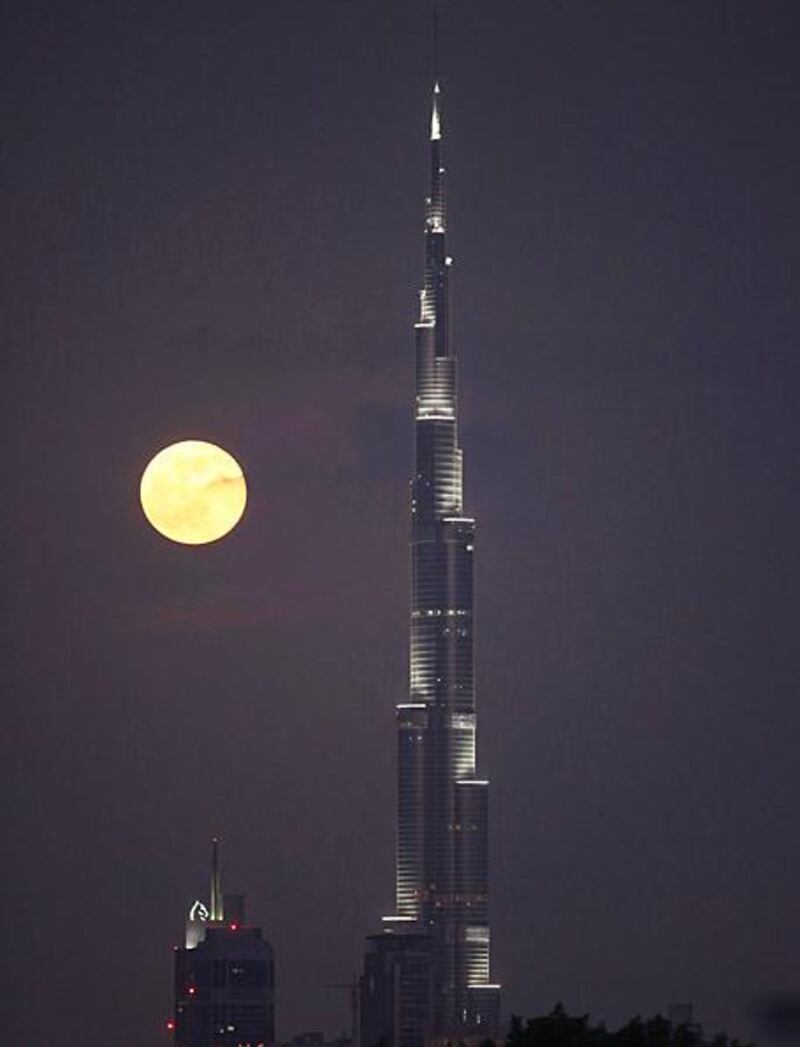A private-sector bid to explore the moon is looking for UAE investors, its chairman said yesterday while outlining a vision to extend Earth's economic sphere of influence to its largest satellite. Odyssey Moon is one of a number of ventures competing to win the US$20 million (Dh73.4m) Lunar X prize, which has been offered to the first private company to land a robotic rover on the moon, explore lunar territory and beam its findings back to Earth.
"The first era of aviation took us to 40km into the atmosphere and the era of satellite communications has taken us to 40,000," said Ramin Khadem, the chairman of Odyssey Moon. "My view, a lot of people's view, is that we are now going to get to 400,000km, to lunar orbit and beyond." Mr Khadem, an Iranian-American who has worked with some of the world's largest aerospace businesses, said he would meet with a number of possible UAE investors for the mission during his stay in Dubai, where he spoke yesterday at the World Space Risk Forum.
"There are reasons why we should be tapping into the potential of the moon for the benefit of mankind," he said. "Finding water on the moon - massive amounts of water - was bigger than the gold find in California. "The moon can be seen as part of our sphere of economic influence and, in due course, we'll see the moon as a sort of eighth continent." But in the new private-sector race to the moon, space explorers will need to clear the crowded obstacle course of Earth's orbit.
A clear night sky might appear as a vision of serenity when viewed from Earth, but the final frontier is fast becoming a junk-filled minefield, one industry leader told yesterday's conference. Along with at least $20 billion worth of satellites, space is home to more than 15,500 pieces of space junk, each orbiting at thousands of kilometres an hour and posing a serious threat to equipment and a deadly risk to astronauts.
"The 'big sky' theory that we have all relied on for a while does not hold," said Chris Kunstadter, a senior vice president at XL Insurance, a firm that insures space industry players. "There's a limited amount of space out there, and it is filling up." tgara@thenational.ae





